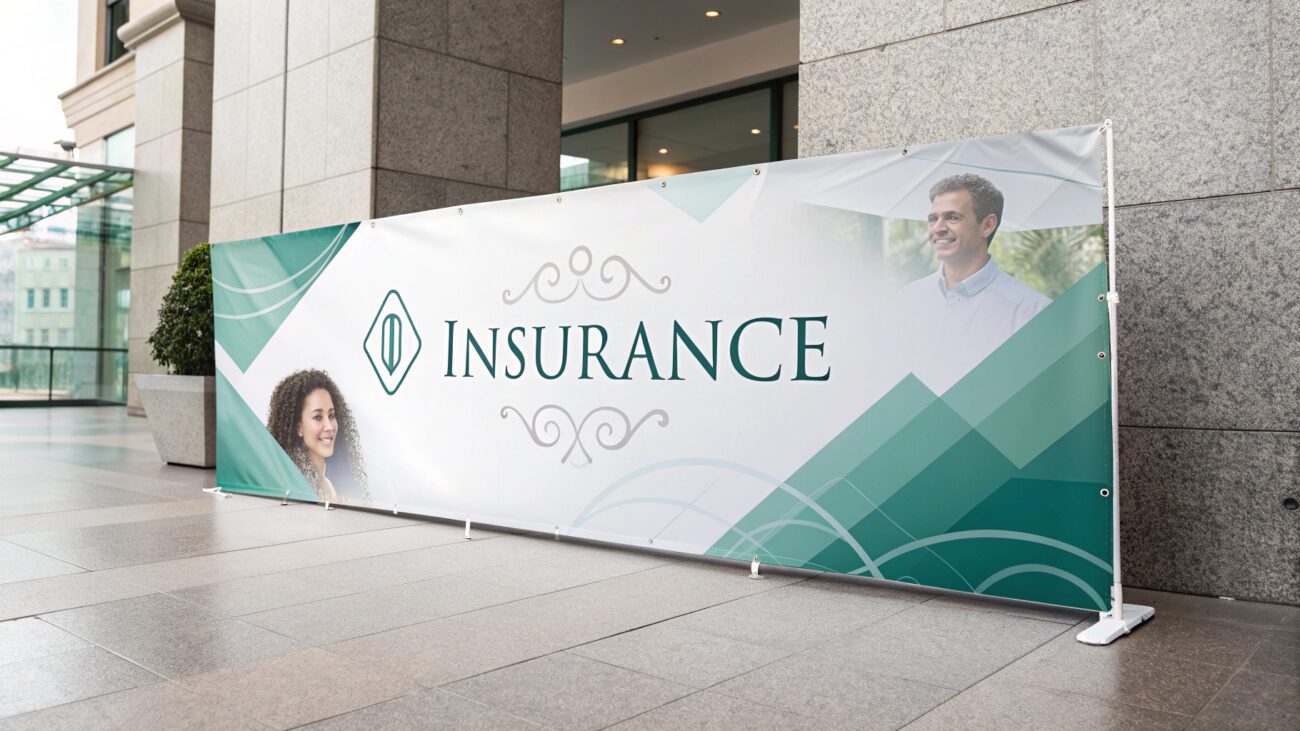If you or a loved one are facing a cardiac ablation procedure without insurance, understanding the potential costs involved is crucial. This guide will provide you with a comprehensive breakdown of cardiac ablation costs, factors that influence pricing, and useful tips for managing expenses.
What is Cardiac Ablation?
Cardiac ablation is a minimally invasive procedure used to treat various heart rhythm disorders, such as atrial fibrillation or atrial flutter. By using radiofrequency energy or cryotherapy, doctors destroy small areas of heart tissue that may be causing abnormal electrical signals.
Average Cost of Cardiac Ablation Without Insurance
In the United States, the average cost of cardiac ablation can range from $15,000 to $30,000 without insurance. This price usually encompasses several components:
- Hospital Fees: Charges for the facility where the procedure is performed, typically between $5,000 and $10,000.
- Surgeon’s Fees: Fees charged by the surgeon, ranging from $7,000 to $15,000.
- Anesthesia Fees: Approximately $1,000 to $2,500 for anesthesia services.
- Diagnostic Tests: Tests like echocardiograms or EKGs may add $1,000 to $3,000.
Factors Influencing the Cost
Several factors affect the overall cost of cardiac ablation, including:
- Location: Costs can vary significantly depending on the geographic area and the hospital.
- Type of Facility: Larger hospitals or specialized cardiac centers may charge more than smaller facilities.
- Surgeon’s Experience: Highly experienced or renowned surgeons might charge higher fees.
- Complexity of the Procedure: Some cases may require more extensive treatment, increasing costs.
How to Manage Costs
If you’re concerned about the costs associated with cardiac ablation, consider these strategies:
- Get Multiple Quotes: Contact different hospitals and surgical centers to compare prices.
- Inquire About Payment Plans: Many facilities offer payment plans to help spread the cost over time.
- Explore Financial Assistance: Research programs that provide financial aid or sliding scale fees based on income.
- Check for Clinical Trials: Participating in clinical trials may provide access to the procedure at reduced or no cost.
What to Do Before the Procedure
Preparation is key for any medical procedure. Here are some steps to take:
- Consult Your Doctor: Have an in-depth discussion with your cardiologist about the necessity and risks of the procedure.
- Examine Your Finances: Ensure you have a clear understanding of your potential out-of-pocket costs.
- Ask About Follow-Up Care: Consider the costs associated with follow-up appointments and any necessary medications.
Final Thoughts
Understanding the cost of cardiac ablation without insurance can help you make informed decisions. With careful planning and research, you can navigate the financial aspects more comfortably.
If you have further questions or want to discuss your options, don’t hesitate to reach out to a healthcare professional or financial advisor.
For more information on cardiac treatment, visit American Heart Association for reliable resources.
